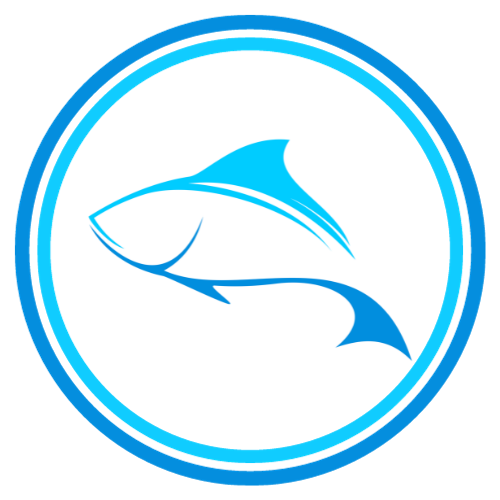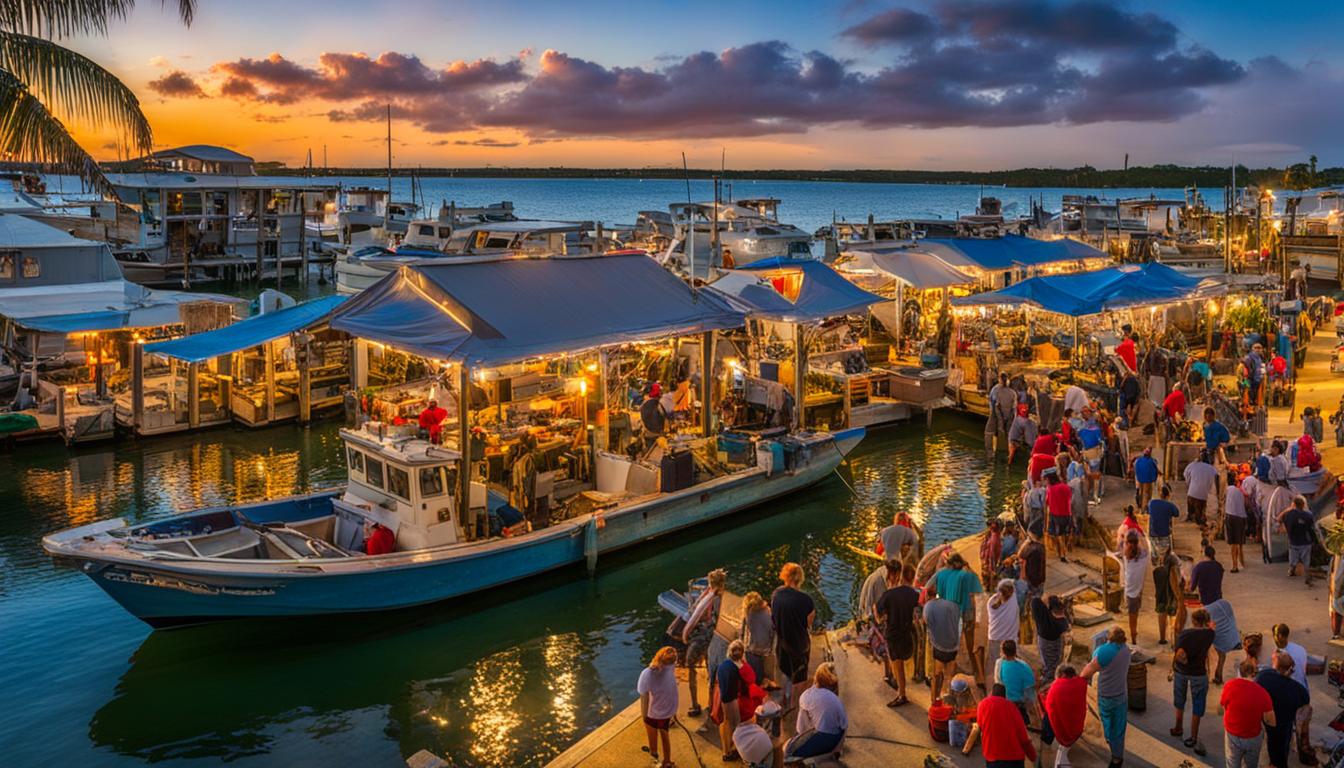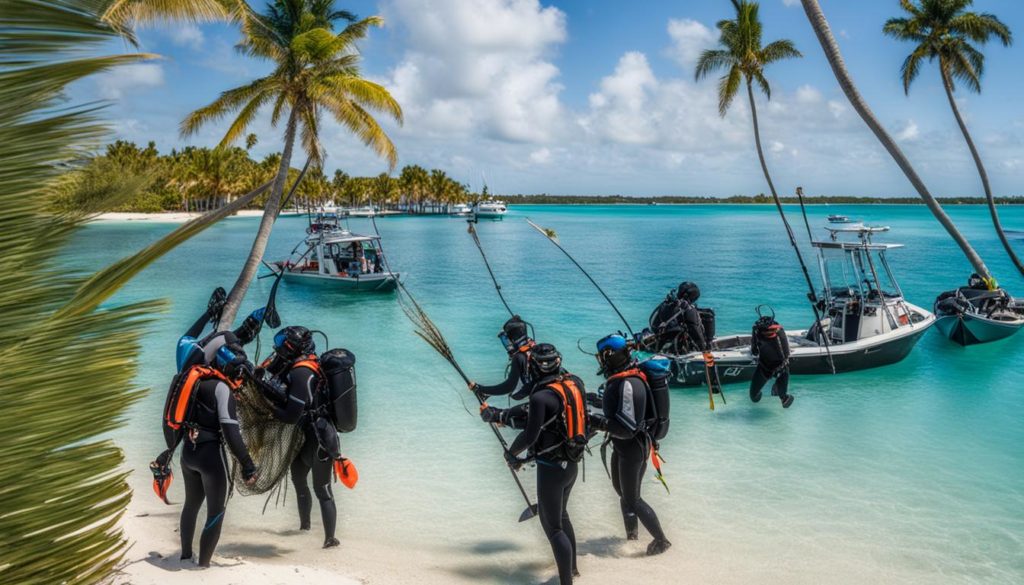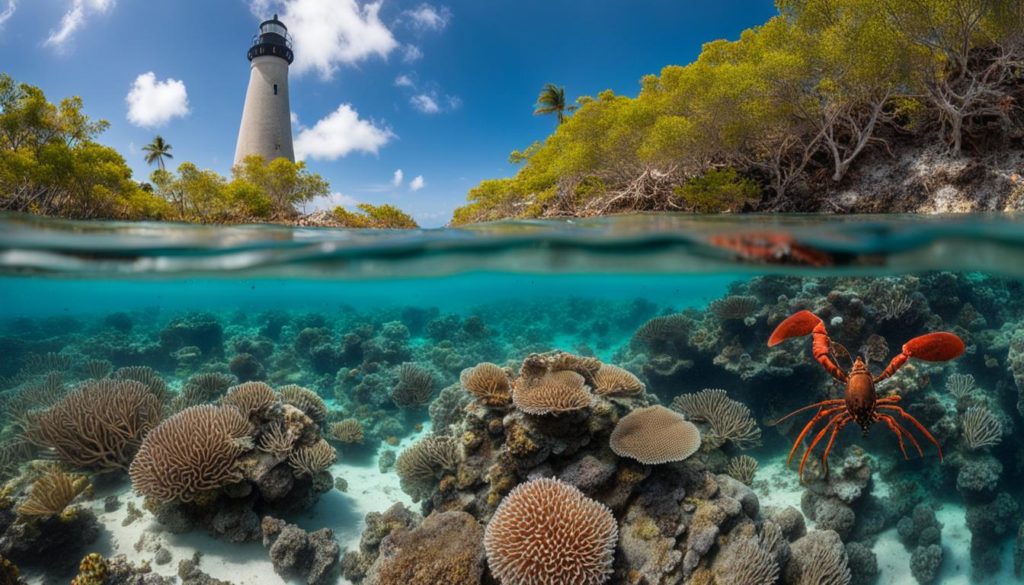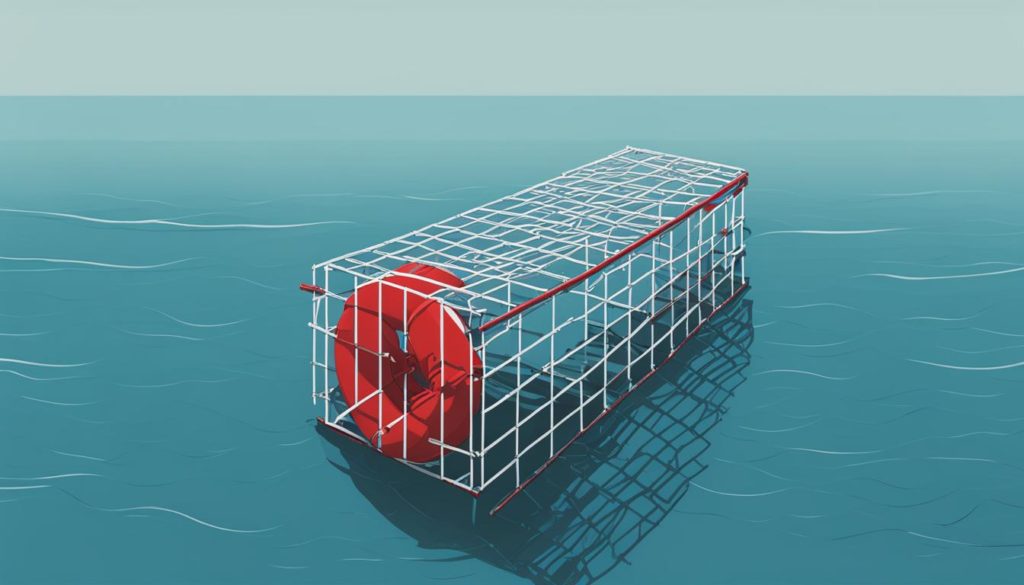Florida offers an exciting opportunity for lobster enthusiasts with its annual mini lobster season. Whether you’re a seasoned pro or a new lobster hunter, this two-day event is a highlight of the summer. In this article, we’ll explore the dates, bag limits, size regulations, and other essential information you need to know for a successful lobster mini season in Florida.
image
Key Takeaways
- Florida’s mini lobster season takes place on the last consecutive Wednesday and Thursday in July.
- For 2023, the mini lobster season falls on July 26th and 27th.
- Bag limits are set at 6 lobsters per person in Monroe County and Biscayne National Park, and 12 lobsters per person in the rest of Florida.
- Lobsters must have a carapace larger than 3 inches and possess and use a measuring device at all times.
- Several areas have specific regulations and no-take zones, such as John Pennekamp Coral Reef State Park and Everglades National Park.
Dates and Bag Limits for Mini Lobster Season
The highly anticipated mini lobster season in Florida is scheduled for July 26th and 27th, 2023. During these two days, lobster enthusiasts from all over the state gather to enjoy the thrill of catching these delectable crustaceans.
When participating in the mini lobster season, it’s essential to be aware of the bag limits set by the Florida Fish and Wildlife Conservation Commission (FWC). For Monroe County and Biscayne National Park, the daily bag limit is 6 lobsters per person. In the rest of Florida, the daily bag limit is 12 lobsters per person.
It’s important to note that possession limits differ depending on whether you are on the water or off the water. On the water, possession limits match the daily bag limit. However, off the water, possession limits are equal to the daily bag limit on the first day and double the daily bag limit on the second day.
Adhering to these bag limits ensures the sustainability of the lobster population and promotes responsible lobster harvesting.
Mini Lobster Season Bag Limits:
| Location | Daily Bag Limit | Possession Limit on Water | Possession Limit off Water |
|---|---|---|---|
| Monroe County and Biscayne National Park | 6 lobsters | 6 lobsters | 6 lobsters (first day) 12 lobsters (second day) |
| Rest of Florida | 12 lobsters | 12 lobsters | 12 lobsters (first day) 24 lobsters (second day) |
Size Limits and Other Regulations
To ensure the sustainability of the lobster population, there are certain size limits and regulations in place. It is crucial to adhere to these guidelines to protect the ecosystem and ensure future lobster populations.
Size Limits
The carapace of the lobster must be larger than 3 inches, and the measurement should be taken in the water to ensure accurate sizing. It is mandatory for lobster hunters to possess and use a measuring device at all times.
Prohibited Activities
During the mini lobster season, night diving is prohibited in Monroe County. This regulation aims to minimize disturbances to the lobsters’ natural behavior patterns and protect their breeding cycles.
There are also specific areas where lobster harvesting is prohibited. Important locations include John Pennekamp Coral Reef State Park, Everglades National Park, and certain no-take areas within the Florida Keys National Marine Sanctuary.
| Size Limits | Prohibited Activities |
|---|---|
| The carapace of the lobster must be larger than 3 inches, measured in the water. | Night diving is prohibited in Monroe County during the mini lobster season. |
| Mandatory possession and use of a measuring device at all times. | Lobster harvesting is prohibited in certain areas, such as John Pennekamp Coral Reef State Park, Everglades National Park, and select no-take areas within the Florida Keys National Marine Sanctuary. |
Techniques for Catching Florida Spiny Lobster
Catching Florida Spiny lobster requires understanding their behavior and using various techniques. Whether you’re an experienced lobster hunter or a beginner, knowing the right methods can significantly improve your chances of a successful catch. Here are some common techniques used in lobster hunting in Florida:
Snorkeling
Snorkeling is a popular method for catching Florida Spiny lobster, especially in shallow waters. Equipped with a mask, snorkel, and fins, you can explore the reefs and search for hidden lobsters. Remember to move slowly and quietly underwater to avoid scaring them away.
Diving
Diving allows you to explore deeper waters where lobsters tend to hide. With the help of scuba gear and diving certification, you can dive down to their habitats and carefully capture them. Make sure to practice proper diving techniques and follow all safety guidelines for a safe and enjoyable experience.
Using Nets
Another effective technique for catching Florida Spiny lobster is by using nets. Lobster nets are designed to trap the lobsters without harming them and offer a convenient way to collect multiple lobsters at once. When using nets, be sure to follow the size limits and regulations to only keep lobsters that meet the required criteria.
To maximize your chances of a successful catch, it’s essential to be knowledgeable about the lobster’s habitat and behavior. Lobsters are nocturnal creatures and are most active during the night, so consider planning your hunting trips accordingly. Research the best dive sites, consult local divers, and gather information about their peak activity times to increase your chances of spotting these elusive creatures.
Remember, lobster hunting in Florida is not only an exciting adventure but also requires responsible fishing practices. Always adhere to the regulations set by the Florida Fish and Wildlife Conservation Commission to ensure the sustainability of the lobster population and the preservation of the marine ecosystem.
Tips for a Successful Lobster Hunting Adventure
Planning a lobster hunting adventure in Florida? Here are some tips to ensure a successful and enjoyable experience:
- Familiarize yourself with regulations and size limits: Before heading out, it’s crucial to familiarize yourself with the specific regulations and size limits for Florida lobster hunting. This will help you avoid any penalties and ensure the sustainability of the lobster population.
- Use a lobster tickle stick or net: When it comes to catching lobsters, using a lobster tickle stick or net can be incredibly helpful. These tools allow you to carefully maneuver and catch lobsters without causing harm to yourself or the lobster.
- Bring a cooler with ice: After catching a lobster, it’s important to keep them fresh. Bringing a cooler with ice will help maintain the lobster’s quality and taste until you can properly prepare and cook them.
- Dive or snorkel where lobsters are known to inhabit: To increase your chances of catching lobsters, it’s best to dive or snorkel in areas where they are known to inhabit. Look for rocky areas, ledges, and other suitable lobster habitats.
- Be cautious and respectful of marine life and coral reefs: As you embark on your lobster hunting adventure, remember to be mindful of the marine life and coral reefs in the area. Avoid damaging the reefs and treat the environment with respect.
- Follow safe boating practices: If you’ll be using a boat during your lobster hunting expedition, it’s essential to follow safe boating practices. Always wear a life jacket when underway and ensure you have the necessary safety equipment on board.
By incorporating these tips into your lobster hunting adventure, you’ll be well-prepared to have a successful and responsible experience in the waters of Florida.
Best Places for Lobster Mini Season in Florida
Florida offers an array of incredible locations for lobster hunting during the mini season. Whether you’re an experienced hunter or a beginner, these destinations provide the perfect opportunity to catch some delicious lobsters. Here are three of the best places to enjoy the mini lobster season in Florida:
1. Florida Keys
The Florida Keys are renowned for their abundant lobster population and pristine underwater ecosystems. The crystal-clear waters and vibrant coral reefs make it an ideal spot for lobster hunting. Some popular areas in the Florida Keys include Key Largo, Islamorada, Marathon, and Key West. These locations offer diverse marine habitats where lobsters thrive.
2. Biscayne Bay
Biscayne Bay, located near Miami, is another fantastic place to experience the thrill of lobster hunting. The bay is dotted with numerous small islands and channels, which serve as excellent hiding spots for lobsters. Many experienced hunters recommend exploring the flats and mangrove-lined areas for a higher chance of success.
3. Atlantic Coast
If you’re looking for adventure along the Atlantic Coast, there are several hotspots to explore. Areas such as Fort Lauderdale, West Palm Beach, and Jupiter offer fantastic opportunities to encounter lobsters during the mini season. The rocky structures along the coastline and nearshore reefs attract lobsters, making it an exciting destination for hunters.
Remember to always respect the environment and adhere to the fishing regulations when lobster hunting in these areas. It’s important to preserve these habitats for future generations to enjoy.
| Location | Features |
|---|---|
| Florida Keys | Abundant lobster population, vibrant coral reefs |
| Biscayne Bay | Small islands, channels, flats, mangrove-lined areas |
| Atlantic Coast | Rocky structures, nearshore reefs |
So, whether you prefer the allure of the Florida Keys, the scenic beauty of Biscayne Bay, or the excitement of the Atlantic Coast, these locations offer some of the best spots for lobster hunting during the mini season in Florida.
Getting Licenses and Permits
Before participating in the lobster mini season, you need to obtain the necessary licenses and permits. You can purchase your fishing license and spiny lobster permit online through the Florida Fish and Wildlife Conservation Commission’s website at GoOutdoorsFlorida.com.
Protecting Florida’s Coral Reefs
As you enjoy lobster hunting in Florida, it’s important to take care of the state’s coral reefs. These beautiful underwater ecosystems are home to a diverse range of marine life and play a crucial role in maintaining the balance of our oceans. By protecting the coral reefs, we can ensure their preservation for future generations.
While diving or snorkeling, it’s essential to be mindful of your actions to avoid damaging the reefs. Here are some tips to help you protect Florida’s coral reefs:
- Do not touch or stand on the coral. Coral is fragile and can be easily damaged, so it’s important to admire it from a distance.
- Avoid kicking or stirring up sediment. Sediment can smother the coral, inhibiting its growth and disrupting the reef ecosystem.
- Use proper buoyancy control. Maintaining neutral buoyancy helps to prevent accidental contact with the coral.
- Do not feed or chase marine life. Interacting with marine animals disrupts their natural behavior and can cause stress to the animals.
- Dispose of trash properly. Never throw any debris, including plastics or fishing lines, into the water. These can entangle or harm marine life.
The Florida Fish and Wildlife Conservation Commission (FWC) has launched the Florida Coral Crew initiative to encourage sportsmen and women to join efforts in combatting Stony Coral Tissue Loss Disease. By signing up to join the crew at FLCoralCrew.com, you can contribute to protecting Florida’s coral reefs and participate in conservation activities.
| Benefits of Protecting Florida’s Coral Reefs | Threats to Florida’s Coral Reefs |
|---|---|
|
|
Staying Informed with Fishing Regulations
To ensure you stay informed and compliant with Florida’s saltwater fishing regulations, there are several resources available:
Fish Rules App
You can stay up to date on Florida lobster regulations by downloading the Fish Rules app. This app provides comprehensive information on bag limits, size limits, and other pertinent regulations. It’s a convenient and user-friendly tool for all anglers.
Fish Rules Website
Another valuable resource is the Fish Rules website. Visit their website at www.fishrulesapp.com to access detailed information on fishing regulations in Florida. You’ll find the most recent updates and any changes to the regulations.
Social Media Accounts
For quick updates and reminders, follow Fish Rules on their social media accounts. They regularly post important information regarding fishing regulations, including Florida lobster regulations. Stay connected and informed by following them on Facebook, Twitter, and Instagram.
By utilizing these resources, you can ensure you’re always aware of the current Florida lobster regulations. Remember, adhering to these regulations is crucial for the sustainability and conservation of the Florida lobster population.
Conclusion
Lobster mini season in Florida provides an exhilarating opportunity for lobster hunters to experience the thrill of catching these prized crustaceans. To ensure a successful and enjoyable adventure, it is crucial to adhere to the Florida lobster regulations, familiarize yourself with the size limits, and employ responsible fishing techniques.
By following the rules and guidelines set by the Florida Fish and Wildlife Conservation Commission, you can contribute to sustainable lobster harvesting and protect the ecosystem. Always stay informed about the official dates and regulations, as they may vary from year to year.
Whether you prefer snorkeling, diving, or using nets, understanding the behavior of Florida Spiny lobsters is key to increasing your chances of a successful catch. Explore the best places for lobster mini season in Florida, such as the Florida Keys, Biscayne Bay, and the Atlantic Coast, where you can find an abundance of lobsters in diverse habitats.
Remember, your lobster hunting adventure should also prioritize the preservation of Florida’s coral reefs. Dolphins, turtles, and various marine creatures call these reefs home, so it is essential to dive and snorkel responsibly to prevent damage. Be a part of the Florida Coral Crew initiative and join efforts to protect these valuable ecosystems.
FAQ
When does the Florida lobster mini season take place?
The Florida lobster mini season always occurs on the last consecutive Wednesday and Thursday in July. For 2023, it falls on July 26th and 27th.
What are the bag limits for the Florida lobster mini season?
The daily bag limit is 6 lobsters per person for Monroe County and Biscayne National Park, and 12 lobsters per person for the rest of Florida. Possession limits on the water are equal to the daily bag limit, while possession limits off the water are equal to the daily bag limit on the first day and double the daily bag limit on the second day.
What are the size limits and other regulations for lobster hunting in Florida?
The carapace of the lobster must be larger than 3 inches, measured in the water. It is mandatory to possess and use a measuring device at all times. Night diving is prohibited in Monroe County during the mini lobster season. Certain areas, such as John Pennekamp Coral Reef State Park, Everglades National Park, and specific no-take areas in the Florida Keys National Marine Sanctuary, also have restrictions on lobster harvesting.
What techniques can be used for catching Florida spiny lobster?
Common methods include snorkeling, diving, and using nets. It’s essential to be knowledgeable about the lobster’s habitat and behavior before attempting to catch them.
What are some tips for a successful lobster hunting adventure in Florida?
1. Familiarize yourself with regulations and size limits before heading out.
2. Use a lobster tickle stick or net to catch lobsters.
3. Bring a cooler with ice to keep the caught lobsters fresh.
4. Dive or snorkel where lobsters are known to inhabit, such as rocky areas and ledges.
5. Be cautious and respectful of marine life and coral reefs.
6. Follow safe boating practices and always wear a life jacket when underway.
Where are the best places for lobster hunting during the mini season in Florida?
Some of the best places include the Florida Keys, Biscayne Bay, and the Atlantic Coast.
How can I obtain the necessary licenses and permits for lobster hunting?
You can purchase your fishing license and spiny lobster permit online through the Florida Fish and Wildlife Conservation Commission’s website at GoOutdoorsFlorida.com.
How can I help protect Florida’s coral reefs while lobster hunting?
Avoid damaging the reefs while diving or snorkeling. Consider joining the Florida Coral Crew initiative by signing up at FLCoralCrew.com.
How can I stay informed about fishing regulations in Florida?
You can download the Fish Rules app, which provides information on bag limits, size limits, and other regulations. You can also visit the Fish Rules website or follow their social media accounts for updates.
What else do I need to know about the Florida lobster mini season?
Always check the official dates and regulations with the Florida Fish and Wildlife Conservation Commission before heading out for the mini season.
